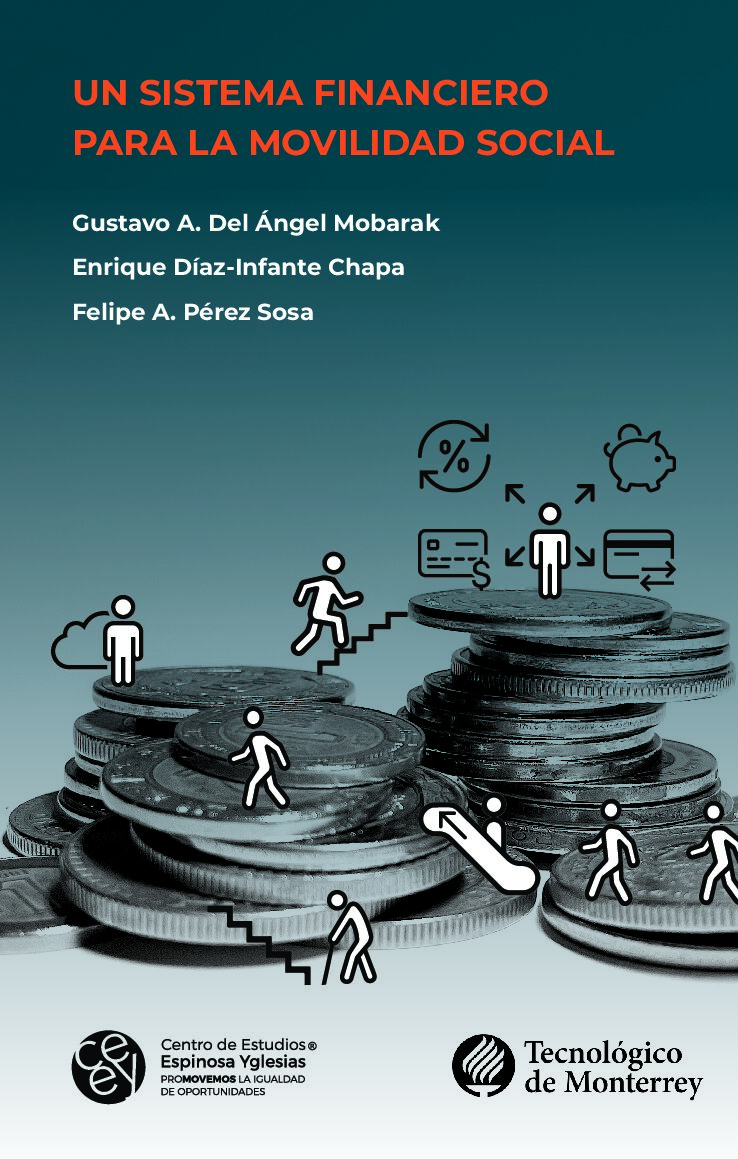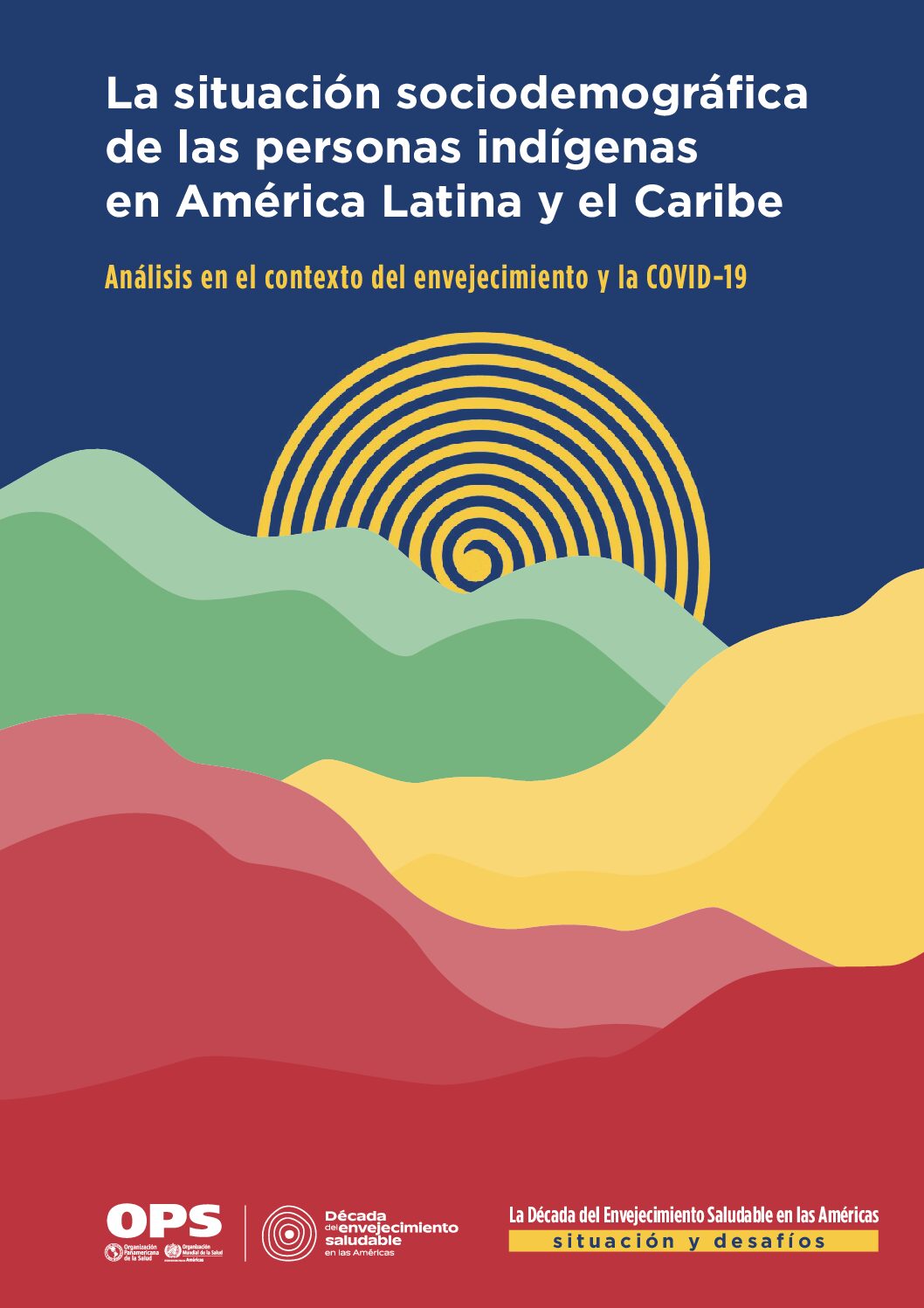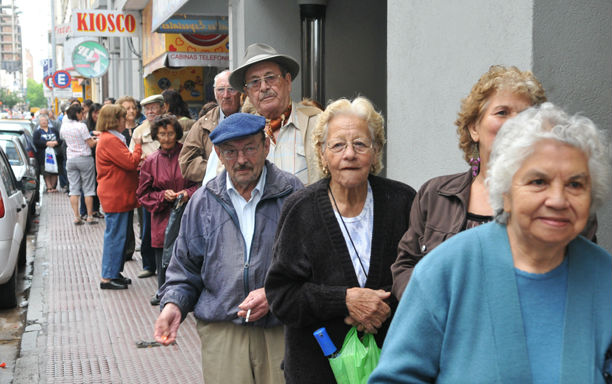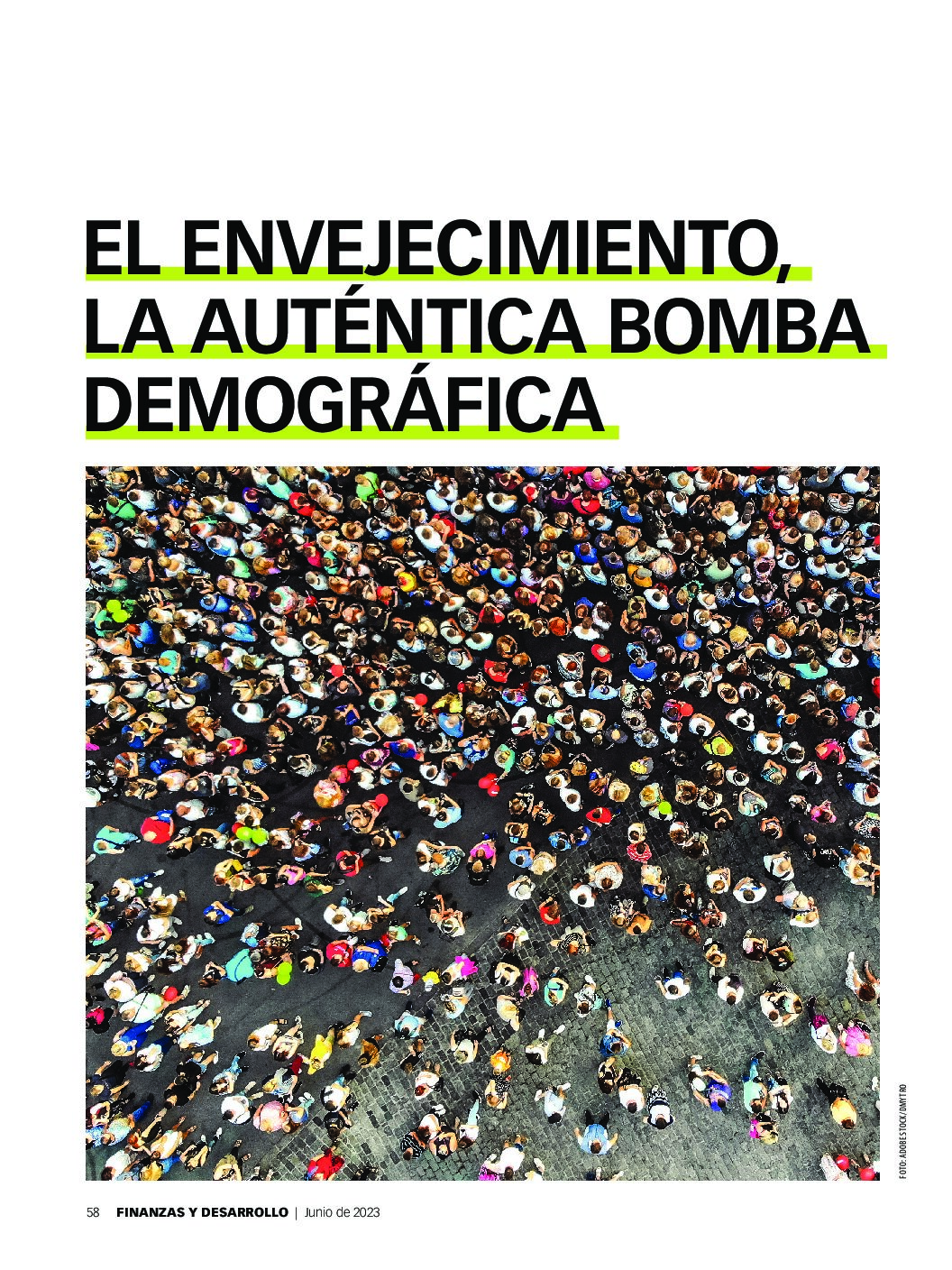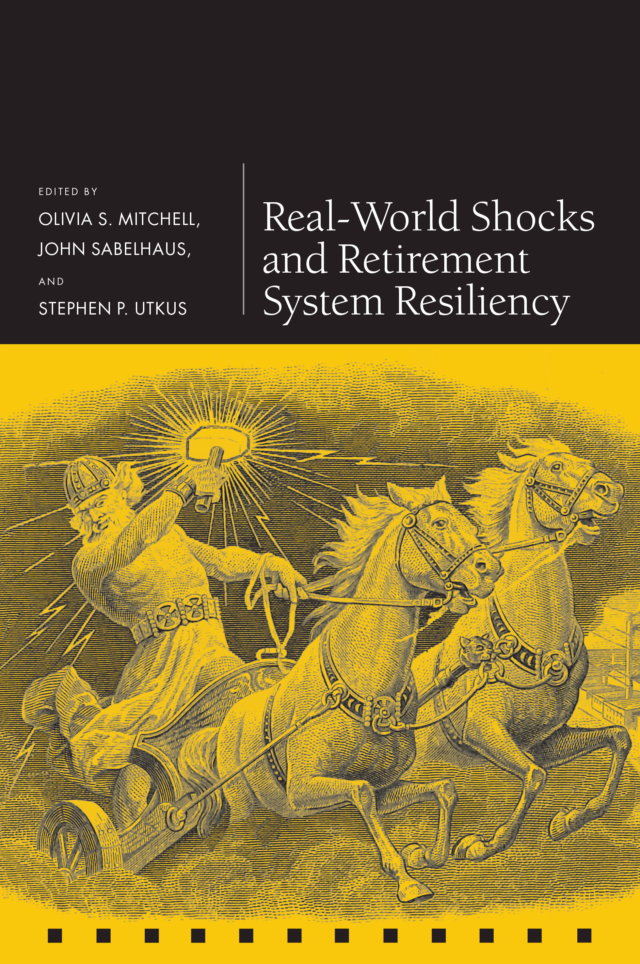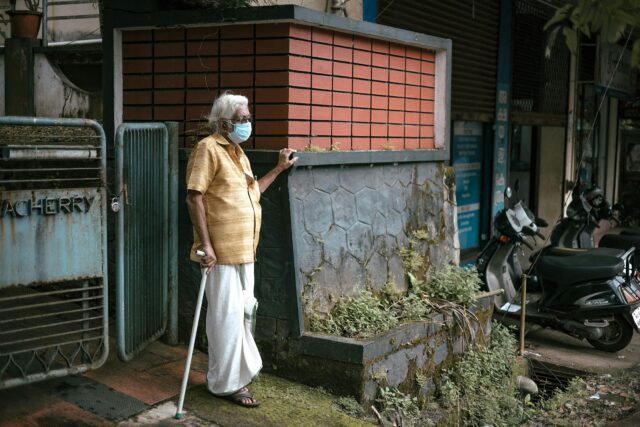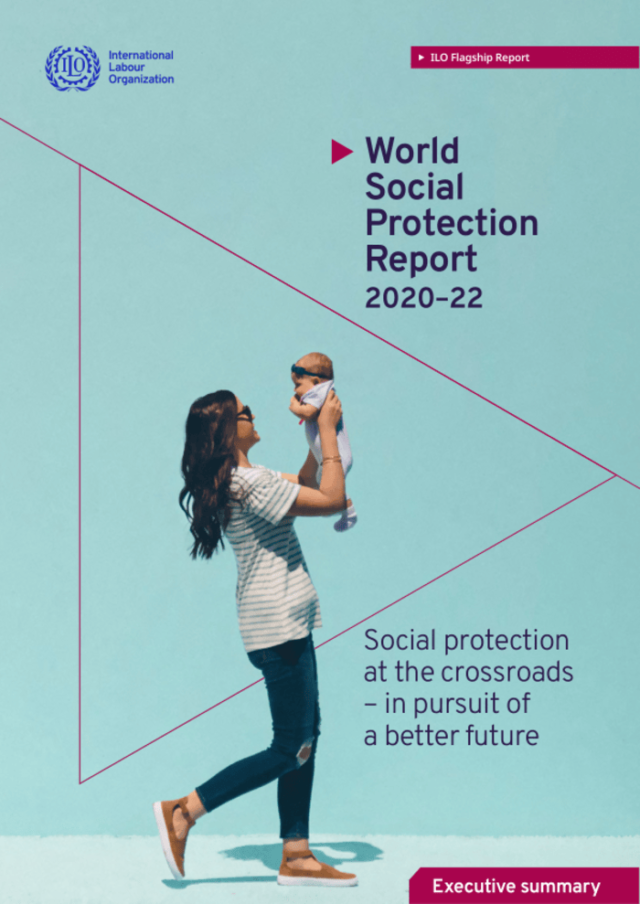Older Workers Face New Risks because of the COVID-19 Recession
By Siavash Radpour, Aida Farmand & Teresa Ghilarducci For the large cohort of older workers, the significant difference between the COVID-19 recession and previous ones is the combined effect of the economic recession and the health risks of the COVID-19 outbreak. Older workers are facing the high health risks of working during a pandemic, on the one hand, as well as the risk of losing their jobs, on the other hand, which can lead to significantly lower wages in the...


